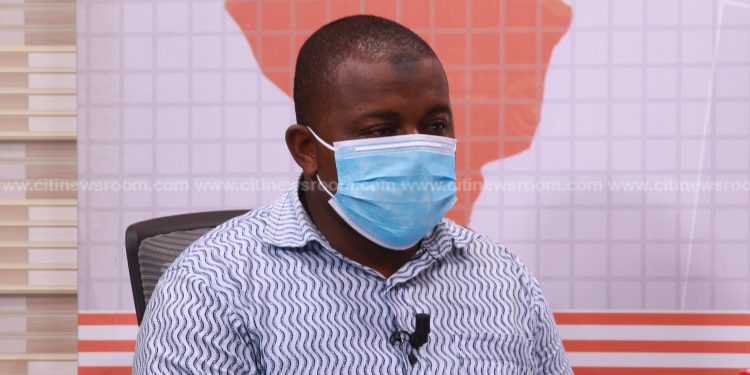Life StyleNews
COVID-19: Ramadan fast won’t lead to weakened immune system – Immunopathologist

The fear of a weakened immune system amidst the Coronavirus pandemic is not an excuse for Muslims to miss this year’s Ramadan fasting.
This is according to an immunopathologist at the University of Ghana’s Pathology Department, Abdul-Rahman Mubarak, who says the fast has very little to no negative consequence on one’s immune system.
Muslims in Ghana like others in different parts of the world are for the first time observing the Ramadan season without the daily congregational prayers in mosques and other communal activities such as mass eating due to disruptions caused by the global COVID-19 pandemic.
Given that most of those who have succumbed to COVID-19 are persons experts describe as having compromised immune systems, some Muslims have suggested that religiously participating in this year’s Ramadan fast amidst the pandemic could put them at a higher risk of death from COVID-19 because the fast could leave them with a weak immune system.
But Abdul-Rahman Mubarak dispelled such notion, indicating that the average number of hours each healthy Muslim fasts after the dawn meals [Suhoor] is not enough to deplete their energy stores and consequently affect their immunity level.
On the Point of View Citi TV yesterday, Monday, he told Bernard Avle that “When it comes to the middle age group, where fasting has been made compulsory in the absence of any underlying illness, our immune system is at its peak…This [Ramadan] is an alternate fasting where there is a fast and a feast [Suhoor]. Averagely we fast for 13 to 14 hours and this period of fasting is not enough to deplete your energy stores of the cells the immune system requires to carry out its activities.”
Abdul-Rahman Mubarak added that healthy Muslims would not have any problems if they consider the dawn meals [Suhoor] “very important” and eat before sunrise.
In the case of the elderly and children who naturally do not have immune systems strong enough, he said “Islam has already relieved these people from fasting, children and the elderly, so it [fasting] is by choice, it is not compulsory” hence they can stay away if there are concerns about COVID-19 risks.
Abdul-Rahman Mubarak advances his argument by stressing that having a strong immune system has much do to with the state of one’s mind.
He indicated that persons who stay positive and happy are more likely to have stronger immune systems than those stressed.
“Your mindset is the key immune booster. When you have emotional stress, that could lead to immunity suppression. Your state of mind influences your immune system,” he said.
There are contrary views to Abdul-Rahman Mubarak’s stance on the matter however it remains a subject still being debated by scientists.
A University of Sussex immunologist Dr Jenna Macciochi in a recent BBC News interview argued that prolonged periods of not eating or drinking can weaken the immune system but added that it is important to have enough calories during the hours Muslims are permitted to eat.
For many, no definite answer can be given on the subject, as immune system mechanisms are not straightforward.
Source:Fiilafmonline/CitiNews


